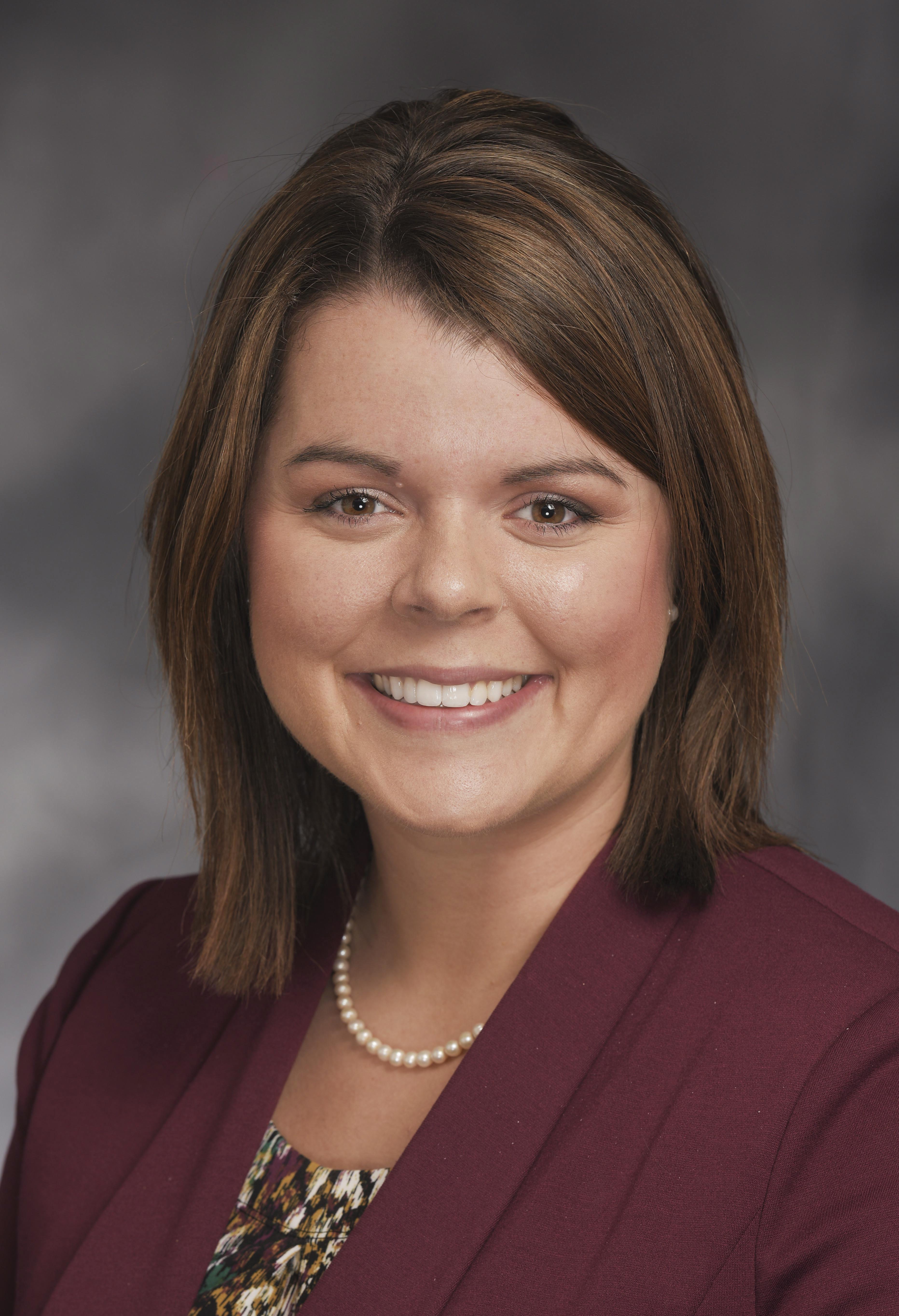Representatives questioned what they perceived as slow implementation of a new child protection law during a 2.5-hour hearing Tuesday morning.
The bill — signed into law by Gov. Mike Parson earlier this year — modified several provisions relating to child protection. Tuesday’s Joint Committee on Child Abuse and Neglect was mostly focused on the parts of the bill that make changes to the Children’s Division, which is under the Missouri Department of Social Services (DSS).
DSS must decide the rules by which they implement HB 1414, and the committee sought a timeline on when these rules would be promulgated.
“We’re not here just to make laws, but to oversee the laws we have passed. Today’s objective was to ensure that we are on a successful path to implementing HB 1414 and ensuring that we are in place to provide our best resources to ensure the safety and well-being of the children that are in the state’s care,” Rep. Hannah Kelly, a Republican and chair of the committee, told The Missouri Times.

“I want to stress that this is not about a person in the department — it’s about the process. We must be about the mission of putting kids first,” she said.
Kelly said she considered the section of the bill concerning “uncounted children” — a term meaning children placed out of their primary home for any length of time due to child abuse and neglect allegations — to be the priority of the committee. HB 1414 established a “temporary alternative placement agreement,” a voluntary written agreement between the division, a relative of the child, and the parent or guardian of the child which would allow the child to live outside the home if the parent or guardian is temporarily unable to provide care or support for the child. The agreement would force intervention from the division after 90 days, reducing the amount of uncounted children in the system.
Jennifer Tidball, acting director of DSS, said the department is “starting” to count those children.
According to representatives from the Children’s Division, the language of the agreement is in its final form, and they expect it to be completed this month.
A large portion of the hearing was dedicated to a discussion around the Division’s Child Abuse and Neglect hotline, which allows any person to report suspected child abuse, neglect, or exploitation.
Sara Smith, deputy director of the Missouri Children’s Division, said the hotline had more than 142,000 calls in FY 2020, of which more than 81,500 were sent to field agents for response.
But the effectiveness of the hotline came into question during the hearing. Kelly brought up two recent instances in which someone had called the hotline concerning children in her district, but substantive action was not taken until it was too late. In one instance, two people face felony charges of endangering the welfare of a child and abuse or neglect of a child.
Dr. Gary Green testified about his experience as a middle school principal. He recalled an instance in which he called the hotline about two students who had been absent for seven days and whose grandmother told the school that she hadn’t seen the children. He said the Children’s Division told him that the scenario didn’t meet its requirement for neglect.
“The Children’s Division fails children. The Children’s Division should be for the children, not parents that can’t get it together,” Green said.
Rep. Keri Ingle, a Democratic member of the committee, pointed to COVID-19 and turnover at the division as reasons for the slower implementation of the changes outlined in HB 1414.
“I think we need to look at the big picture and understand that the division is doing everything they can in an adverse environment,” Ingle told The Missouri Times.

Conner Kerrigan is a writer and communications professional who lives in Columbia. He joined The Missouri Times team as the business manager in late 2020. Originally from Chicago, Conner is a graduate of Millikin University in Decatur.
Contact Conner at conner@themissouritimes.com.

























